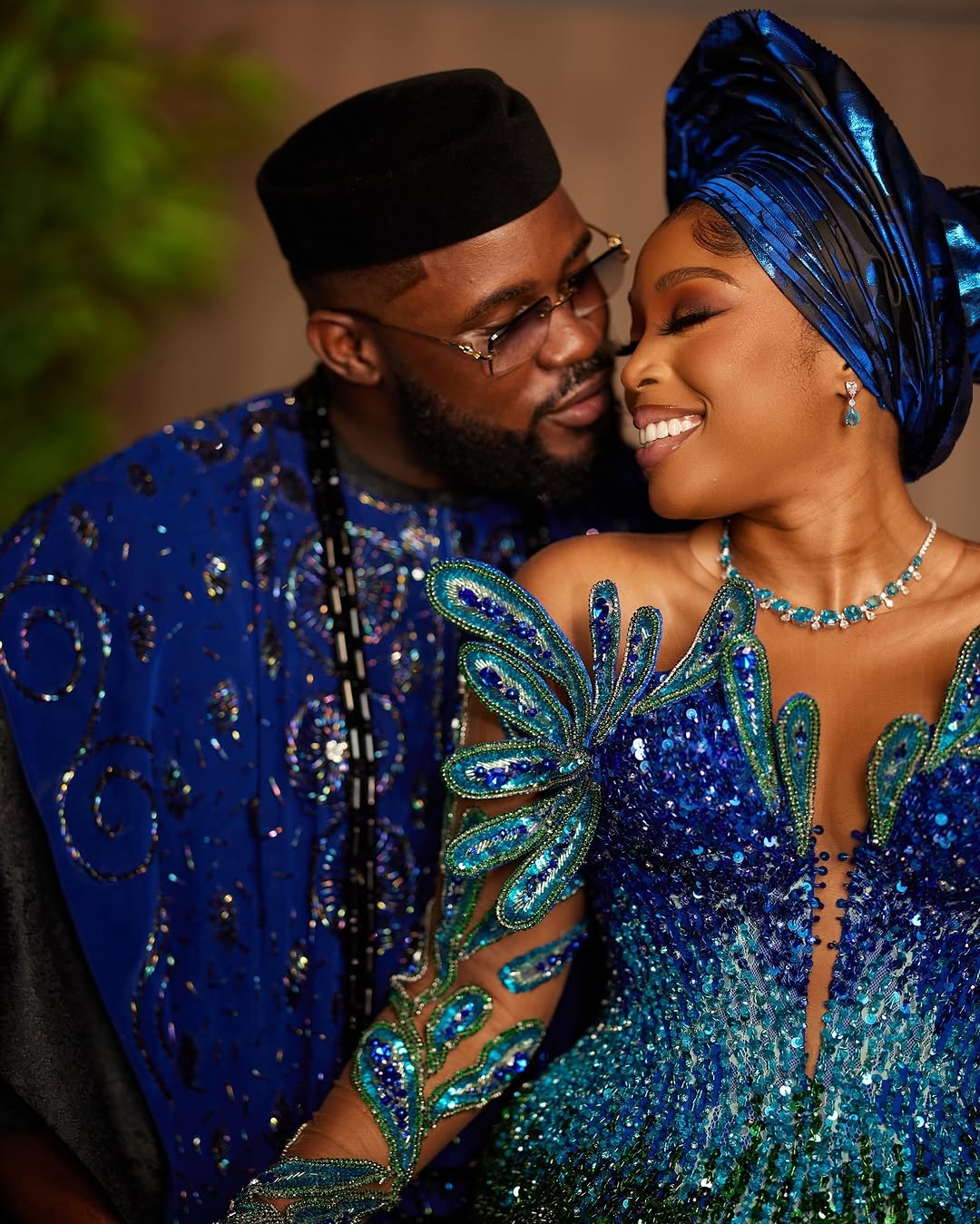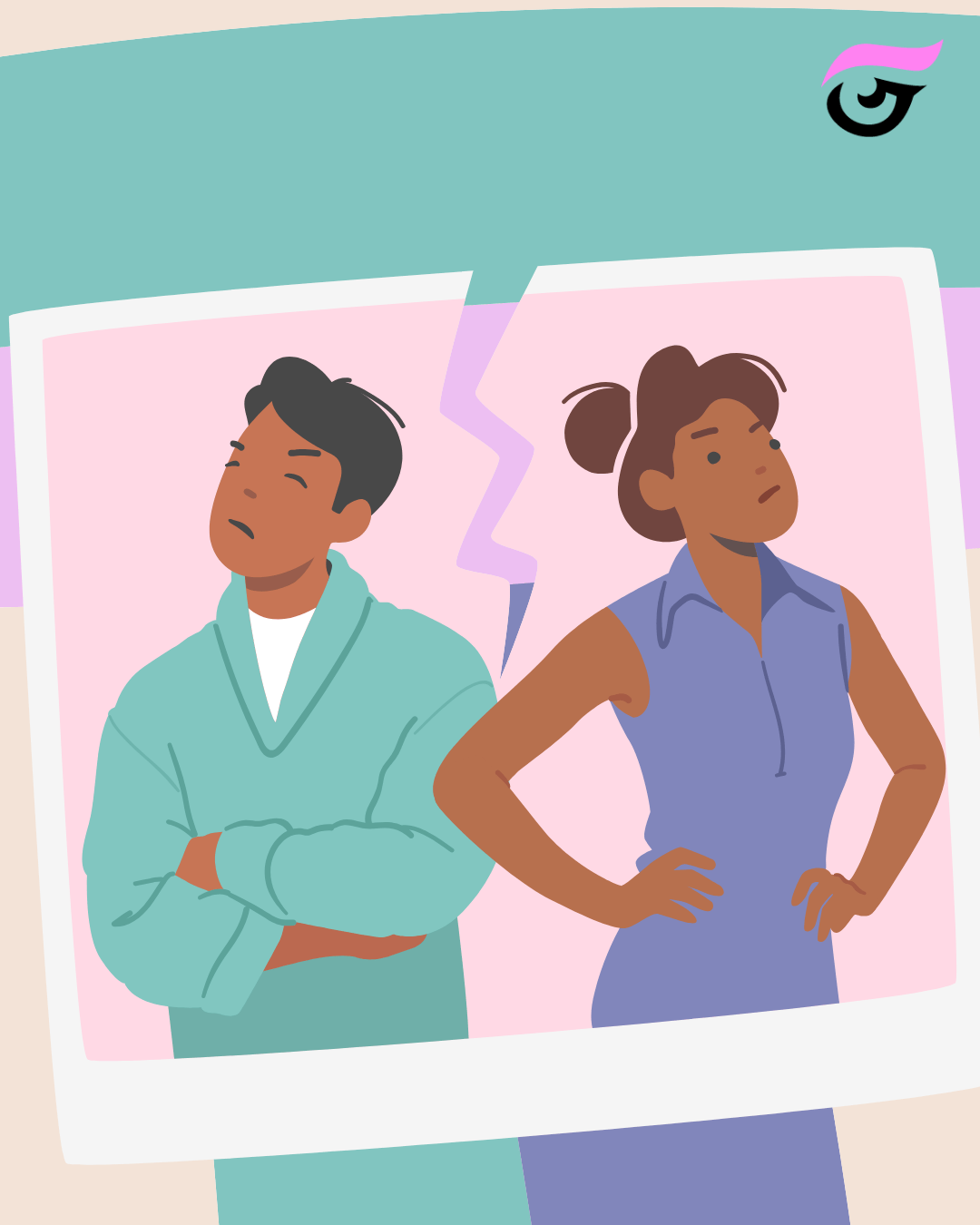When we think of a strong, lasting relationship, love often takes center stage. But while love is undeniably powerful, it’s not always enough to sustain a relationship on its own. Sometimes, two people can deeply care for each other and share a genuine bond but still struggle to make things work.
- Table of Contents
- You Have Different Life Goals
- Communication Feels Like a Challenge
- Your Values Don’t Align
- You Handle Conflict Very Differently
- You Have Different Social Needs
- You Don’t Share Hobbies or Interests
- Different Approaches to Money
- You Don’t Feel Supported in Your Personal Growth
- Why Love Alone Isn’t Always Enough
- What Can You Do?
- Final Thoughts
This is where compatibility comes into play.
Compatibility is the alignment of values, goals, and lifestyles that allows two people to share a life harmoniously. While love creates connection and passion, compatibility ensures that a relationship can weather life’s everyday storms. When two people love each other but aren’t compatible, it can feel confusing and heartbreaking. Here are eight signs that show you both care deeply, but maybe your relationship just isn’t built to last.
Table of Contents
You Have Different Life Goals
Love can often bridge differences, but when it comes to long-term goals, such as career ambitions, family plans, or where you want to live, it’s difficult to ignore the gap.
For example, if one of you dreams of traveling the world and living in different countries while the other wants to settle down in a quiet town, it can create tension. Life goals need to align for a relationship to be sustainable in the long run, or you’ll both feel like you’re holding each other back.
Communication Feels Like a Challenge
Open, honest communication is vital for any relationship, but if you find yourselves constantly misunderstanding each other, it can lead to frustration. Maybe one of you prefers direct, straightforward talk, while the other communicates through subtle hints or gestures.
This difference in communication styles can lead to frequent arguments or feelings of being unheard, even if the love is there.

Your Values Don’t Align
Values are the core beliefs that shape our choices and behaviors. If your values on important issues—such as family, finances, or lifestyle—don’t align, it can cause ongoing friction.
For example, if one person values saving and planning for the future, while the other loves spontaneity and spending on the moment, it can be challenging to find middle ground. Incompatible values can create a disconnect, even if you care deeply for each other.
You Handle Conflict Very Differently
Every couple experiences conflict, but how you manage it together can reveal a lot about your compatibility. If one of you prefers to confront issues immediately while the other withdraws or avoids conflict, it can create a cycle of unresolved tension. Different conflict resolution styles can lead to misunderstandings and resentment, causing the love you share to be overshadowed by stress

You Have Different Social Needs
Some people love social gatherings, meeting new people, and spending time with friends, while others are more introverted and prefer quiet nights at home. If one of you is constantly craving social interaction and the other feels drained by it, you may struggle to find a balance.
This difference can lead to feelings of guilt or resentment, as one partner feels pressured to be more social or the other feels held back.
You Don’t Share Hobbies or Interests
While you don’t need to have everything in common, sharing at least a few hobbies or interests can strengthen a bond.
If you find yourselves with little to connect over in your free time, it can feel like you’re leading separate lives. A lack of shared interests means you might not have opportunities to bond or enjoy time together, and love alone might not be enough to bridge that gap.
Different Approaches to Money
Money matters can be a major source of tension in relationships, and opposing financial habits can add stress.
If one of you is frugal while the other loves spending, or if you have different approaches to saving, budgeting, or debt, it can be hard to find harmony.
This misalignment can create ongoing tension and lead to conflicts, even when you both have the best intentions for the relationship.
You Don’t Feel Supported in Your Personal Growth
A healthy relationship allows both people to grow and evolve. If your partner isn’t supportive of your dreams, interests, or personal development, it can feel like you’re holding each other back.
For example, if you want to pursue a new career, hobby, or goal, but your partner dismisses it, it may create feelings of resentment. When you love someone, you want the best for them, but if your paths pull you in different directions, it can cause an emotional disconnect.

Why Love Alone Isn’t Always Enough
While love can be a powerful bond, a lasting relationship requires both love and compatibility. When there’s a fundamental mismatch in values, lifestyles, or goals, the relationship may be filled with frustration instead of harmony.
Many people find themselves in relationships where love exists but compatibility doesn’t, which can be confusing and painful.
What Can You Do?
If you find that you’re in a relationship with someone you love but aren’t compatible with, consider these steps:
- Have an Open Conversation: Sometimes, awareness and compromise can help bridge the gap. Discuss your differences and see if there are ways to align your goals or values.
- Identify Non-Negotiables: Some differences may be manageable, but others might be deal-breakers. Understanding which aspects of compatibility matter most to you can help you make a clear decision.
- Consider Counseling: A counselor can provide guidance and help you work through compatibility issues in a constructive way. Sometimes, an outside perspective can help you both see the relationship dynamics more clearly.
- Reflect on What You Truly Need: Take time to understand what you want in a relationship. Love is essential, but for a lasting partnership, a foundation of compatibility is just as important.
Final Thoughts
Love is a beautiful and essential part of any relationship, but it’s not the only ingredient needed for a healthy, long-lasting partnership.
By understanding the role of compatibility, you can gain clarity on your relationship’s challenges and make decisions that prioritize both love and well-being.
Remember, it’s okay to acknowledge when love alone isn’t enough—knowing what you need for a healthy relationship can lead you toward a more fulfilling and compatible future.
Photo | pexels







_thumb.webp)













